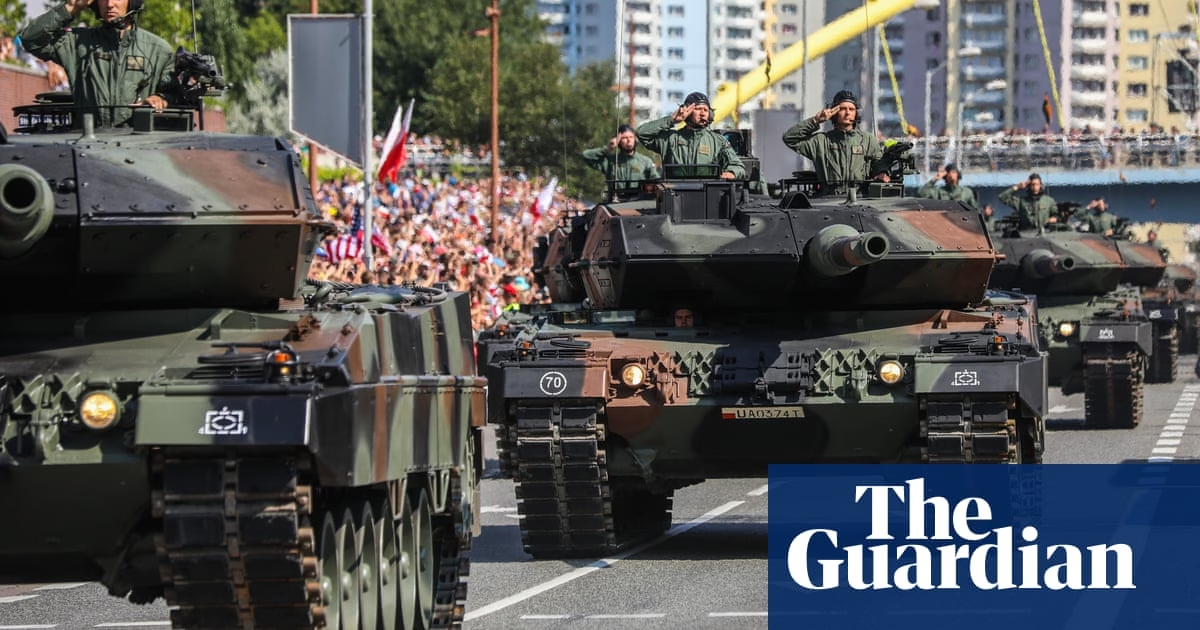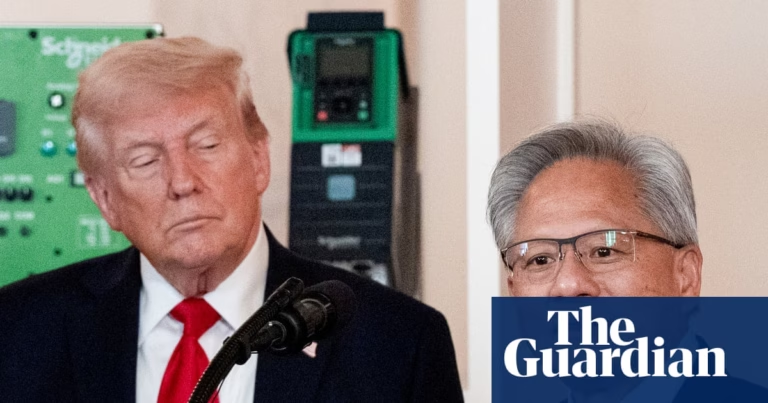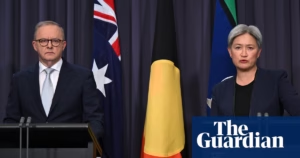Faced with the unpredictability of Donald Trump and an aggressive Russia, many Europeans are advocating for increased expenditure on defense and, in some countries, the reintroduction of compulsory military service. A survey across 12 nations by the European Council on Foreign Relations revealed a majority in Poland (70%), Denmark (70%), and the UK (57%) supporting higher defense spending. While these sentiments were less pronounced in other regions, significant minorities in Germany (47%), Spain (46%), and France (45%) also endorsed increased military budgets. Italy, however, stood out as an exception, with only 17% in favor of higher spending and 57% opposing it.
There is also support among several European countries for reintroducing mandatory military service, though this is notably low among 18- to 29-year-olds, those most likely to be affected by such a policy. People in France (62%), Germany (53%), and Poland (51%) showed the strongest support for this measure. Conversely, opposition to the idea was stronger in countries like Italy (50% against), the UK (53%), Spain (56%), and Hungary (58%).
The European public is sharply divided over Trump’s return to the US presidency, with countries traditionally aligned with the US increasingly skeptical of the American political system. In the UK and Germany, majorities of 74% and 67%, respectively, believe the US system is broken. The ECFR’s Ivan Krastev and Mark Leonard suggest that far-right parties, traditionally looking to Vladimir Putin’s Russia for inspiration, now see Trump’s model as a viable alternative.
Despite some supporters of these parties viewing Trump’s re-election negatively for Americans, the findings indicate a growing ideological divide in EU-US relations, akin to the relationship between former communist parties and the Soviet Union during the Cold War. This rift is particularly evident in discussions around defense spending and the concept of an independent EU defense policy.
Looking ahead to a NATO summit where members might be urged to increase defense spending to at least 5% of GDP by 2032, several countries, including Spain and Italy, have shown resistance, with Spain deeming the target “unreasonable” and Italy seeking a delay until 2035. The poll also indicates skepticism about Europe’s ability to achieve independence from the US in defense and security matters, with Denmark being the only surveyed country where a slim majority (52%) believed such autonomy was possible.
The survey further reveals strong support in several European countries for developing a national nuclear deterrent independent of the US. Notably, Poland (60%), Portugal (62%), and Spain (54%) showed significant support, compared to 39% in Germany. Friedrich Merz, the German chancellor, has proposed sharing nuclear weapons with France and Britain but acknowledges that this cannot replace the US’s protective role over much of Europe.
In the context of Ukraine, most Europeans oppose following the US if Trump encourages Ukraine to cede occupied territories or lifts economic sanctions against Russia. Even in Hungary, where the government has been hesitant on EU sanctions, 40% oppose such a move, with 38% in favor. The authors of the report suggest two perspectives on this support for Ukraine: either Europeans champion an independent European policy to support Ukraine, or they are content to have Ukrainians continue fighting on their behalf.
Leonard observes that the poll reveals a sense of insecurity among Europeans, with Trump’s actions spurring demands for increased defense spending, the return of military service, and expanded nuclear capabilities across much of the continent. Krastev posits that Trump’s second term presents a viable model for Europe’s far right, where being pro-American is increasingly synonymous with being critical of the EU, and being pro-European means being critical of Trump’s America. The survey, spanning interviews with 16,440 adults last month, underscores these shifting dynamics in European political and defense priorities.
Source: https://www.theguardian.com/world/2025/jun/23/europeans-back-higher-military-spending-russia-threat-poll







